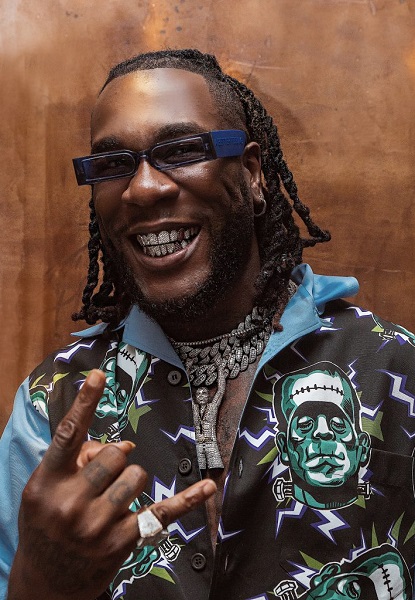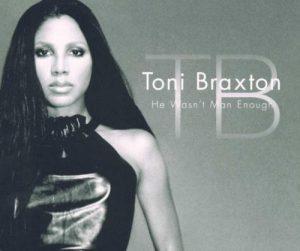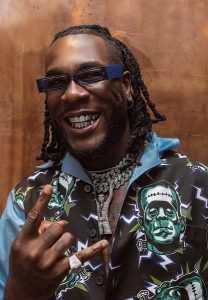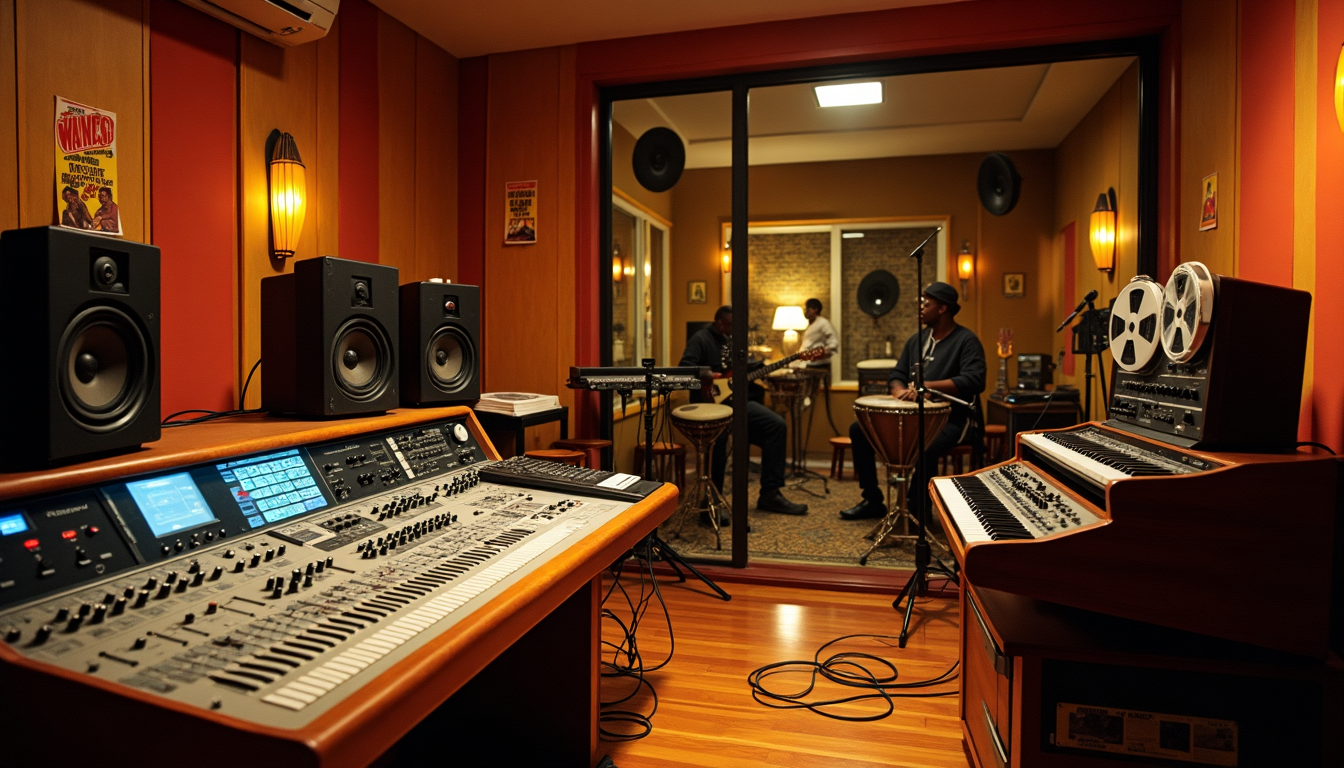
Burna Boy’s Royalties and Braxton’s ‘Cut’ – Analysing Splits!
During a podcast interview last week, Burna Boy disclosed that his sampling of Toni Braxton’s song has him relinquishing 80% of the music proceeds. Since the interview aired, social media has been abuzz with different opinions and think pieces about royalty sharing in the music business, with a lot of speculations about Burna Boy’s royalties on the single, ‘Last Last’.
“That’s one of the most special creative processes….but she is taking 60% of the shit yunno”
60% of What? Royalties?
Mechanical Royalties? Publishing Collection Royalties? Gross profit? Let’s do a POV analysis, shall we?
Off his new album “Love, Damini”, Burna Boy released his new single ‘Last Last’ and suffice to say, it did the numbers really quickly. Arguably, a majority of Nigerians were not aware of the splits agreement between both parties. Now that we have more details, let’s present our perspective.
What happens when that artiste decides to sample a song from a well-known artist in a country that takes IP Infringements seriously? Royalty shares come into play, big time!
For his raving single “Last, Last”, Burna Boy sampled Toni Braxton’s 2000 ‘He Wasn’t Man Enough’. On Twitter, Ghanaian-British music Producer JAE5 affirmed through a quote-tweet that the sample rights agreement for this song was that Braxton got 60%, Atlantic Records 30%, and Burna Boy 10% on the publishing side.
[This article is sponsored by Royalti.io, an all-in-one platform that simplifies the management of catalogue, contracts, royalty and accounting, for modern recording artistes and music companies]
“Burna Boy’s Royalties: The Publishing Side”
Artists have been sampling original pieces for the longest time. While there have been a lot of successful agreements between the original song owners and artists, there have been others that ended in disagreements and big lawsuits. Burna Boy’s royalties are well calculated and legally backed, having worked things out with Ms. Braxton’s management. However, a few artists have been on the nasty end, with a prestigious list including Diddy, Robin Thicke, Ed Sheeran, and others.
Having sampled Braxton’s beat and voice in the song, ‘He Wasn’t Man Enough’, Ms. Braxton and her team are now entitled to publishing royalties for songwriting. This is not to mean that she wrote Burna Boy’s ‘Last Last’. However, what was used from the original song (the beat and the monotonous ‘oh’) is credited in the songwriting category. This is what Burna Boy and his team are allotting 60% of publishing royalties to. Again, what do publishing royalties entail?
In the business of music, publishing is a big deal. There are at least four revenue streams through which publishing is furnished. They are briefly discussed below with a focus on which type of publishing Braxton and her team earn from.
Revenue Streams for Publishing
- Print Music Sales – This is not the most viable revenue source in these times. However, whether a PDF lead sheet is sold as a download, a website displaying lyrics, or guitar tablature, music publishers make money from them.
- Mechanical Royalties – Recording companies earn through this means for every record sold. This earning is for sound recordings and musical compositions. It could be from vinyl, cassette, CD, digital downloads or streaming platforms. Either way, revenues will accumulate.
- Public Performance Royalties – Whenever an artist or anyone performs the song, an agreed amount of revenue is earned and collected by the Performing Rights Organisation. This performance can come in the traditional form, where an audience watches an artist perform. Performances can also be through TV and radio broadcasts, or in non-broadcast forms where the song is used in the background at airports or restaurants.
- Synchronisation Licence Fee – This is what applies where the song is used in film, TV and ads.
As far as the agreement on Burna Boy’s royalties for “Last Last” goes, the royalties for Toni Braxton and her team do not include Mechanical Royalties. While Public Performance Royalties are a part of what Ms Braxton will enjoy, this revenue does not affect Burna Boy. Ms Braxton can only earn 60% of the revenue from the management of the performance venue submitted to the collecting organisation, such as SACEM, SASEC, ASCAP, etc.
Still a little complicated, isn’t it?
This is because the business of profit is very sensitive, especially in the music business which thrives on Intellectual Property. The Royalti.io platform was built to solve complexities like this. Royalti.io makes royalty calculations, split sheet visualisation and catalogue easy for the Artiste and the Management to access, use and understand. The platform enables users to string together multiple streams of income with varying percentages of royalties for different stakeholders. Even better, the product is not affected by different inter-country royalty laws. Also, Royalti.io is built for easy data visualisation for the artist and label reps. Intrigued? You can try out a demo of the product here
Disclaimer: This is an opinion and qualitative research-based piece. The presented information is ONLY based on publicly available information online. The writer and organisation DO NOT claim to have access to legal documents that ascertain the validity of these claims.
– Written by Isaac Newton Akah (INA)
(information from Audiomack was useful in writing this)




